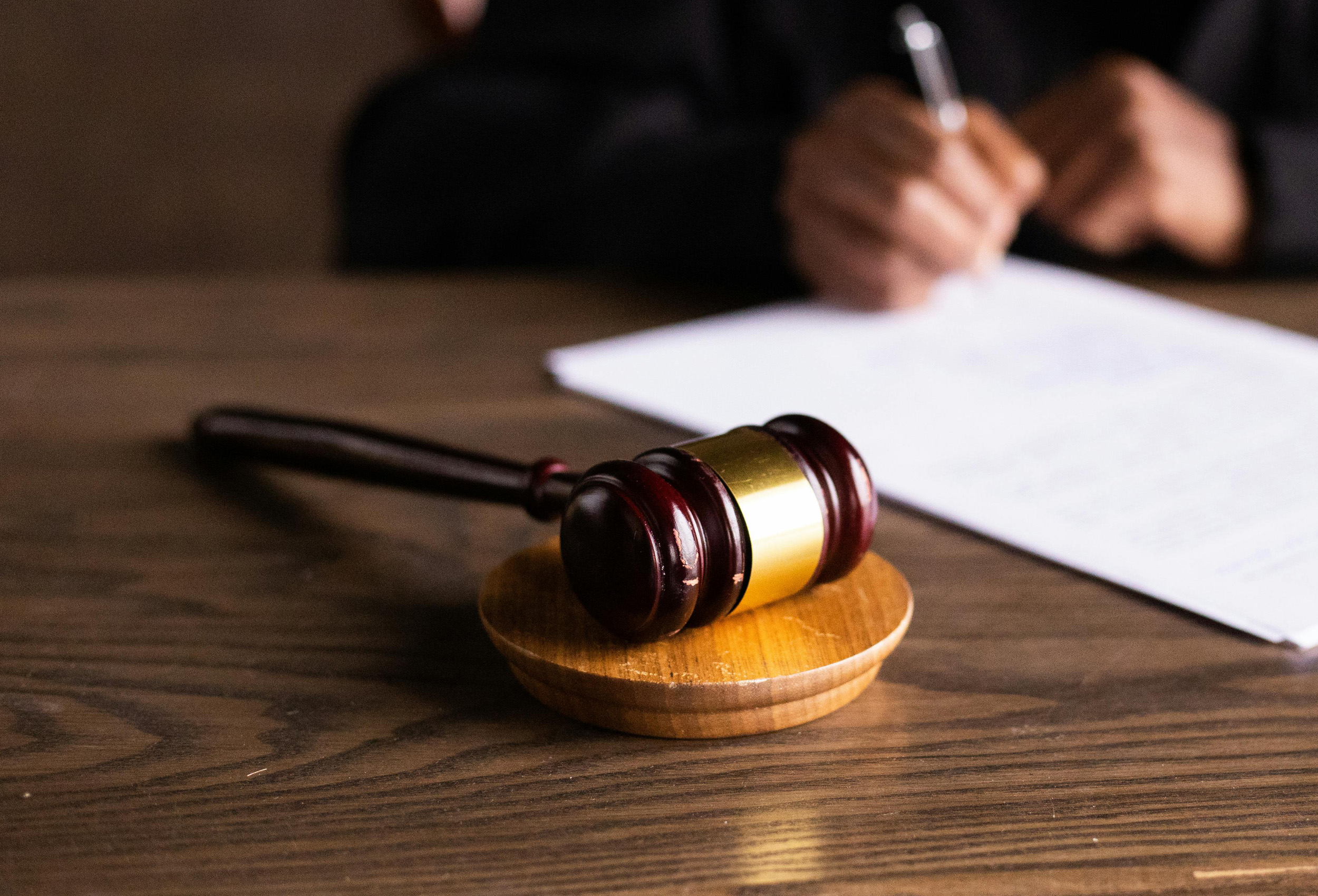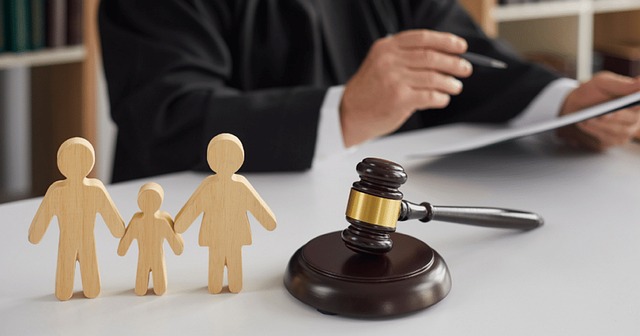In the complexities of legal disputes, the fact-finding hearing stands out as a pivotal process, one that can significantly shape the outcome of a case. Designed to unravel the intricacies of fact amid the riddles of law, these hearings play a crucial role in ensuring that justice is not just served but is seen to be served. This post aims to explore the profound impact of fact-finding hearings on legal decisions, offering insights that will benefit law students, legal professionals, and participants in such hearings.
The Essence of Fact-Finding Hearings
Before we explore their impact, it’s vital to understand what fact finding hearings entail. These proceedings are conducted to gather and evaluate evidence related to the facts of a case. Unlike trials that determine both the facts and apply the law, fact-finding hearings focus purely on uncovering the truth behind the disputed facts before a court or tribunal. This narrow focus allows for a thorough examination of the evidence, free from the procedural trappings of formal trial settings.
Fact-finding hearings can occur in various legal contexts, including family law disputes, employment law cases, and civil litigation, among others. Given their importance, these hearings demand meticulous preparation, acute attention to detail, and a deep understanding of evidentiary principles from all involved parties.
Impact on Legal Decisions
The outcomes of fact-finding hearings can significantly influence subsequent legal decisions. Here’s how:
Establishing a Foundation of Facts
The primary goal of a fact-finding hearing is to establish a clear, uncontested foundation of facts which will inform the rest of the legal process. By determining what actually happened, these hearings eliminate ambiguity and provide a basis upon which legal arguments can be constructed and evaluated. This foundational clarity is indispensable in complex cases where the facts themselves might be the biggest question.
Influencing Judicial Perspectives
The findings from these hearings can profoundly shape a judge’s perception of the case. Since legal professionals are trained to evaluate evidence critically, the presentation and interpretation of facts during these hearings can sway judicial understanding and sympathies. Subtleties in evidence, the credibility of witnesses, and the persuasiveness of arguments presented can all influence the legal narrative and, by extension, the outcome of the case.
Streamlining Legal Proceedings
By resolving factual disputes early in the legal process, fact-finding hearings contribute to the efficiency and effectiveness of the judicial system. This focused approach can prevent unnecessary litigation, reduce the burden on courts, and save resources for the parties involved. When the facts are settled, legal arguments can proceed with greater precision, avoiding the quagmire of disputing basic realities.
Enhancing Fairness and Objectivity
Fact-finding hearings offer a forum for all evidence to be considered openly and thoroughly. This transparency encourages fairness and objectivity, as decisions are grounded in a clear understanding of the facts, rather than conjecture or incomplete information. For parties involved in a legal dispute, the impartial scrutiny of evidence can provide reassurance that their case is being heard fairly.
Navigating the Hearings Effectively
For participants, understanding the strategic significance of these hearings is crucial. Preparation involves more than just marshalling facts; it requires a keen strategy for how those facts are presented and challenged. Legal professionals must not only seek to prove their case but also anticipate and rebut the opposing narrative, understanding that the interpretation of facts can be as decisive as the facts themselves.
The implications of fact-finding hearings extend beyond the confines of any single case. They underscore the judiciary’s commitment to truth-seeking as the bedrock of justice. For law students and legal practitioners, appreciating the nuances of these hearings is essential for effective advocacy and the promotion of fair legal outcomes.
Conclusion
The impact of fact-finding hearings on legal decisions cannot be overstated. They shape the contours of legal debates, influence judicial perspectives, and pave the way for just resolutions. For those engaged in the practice or study of law, mastering the dynamics of these hearings is not just a skill but a necessity. In the pursuit of justice, the ability to effectively uncover and present the truth is the most potent tool at our disposal.

